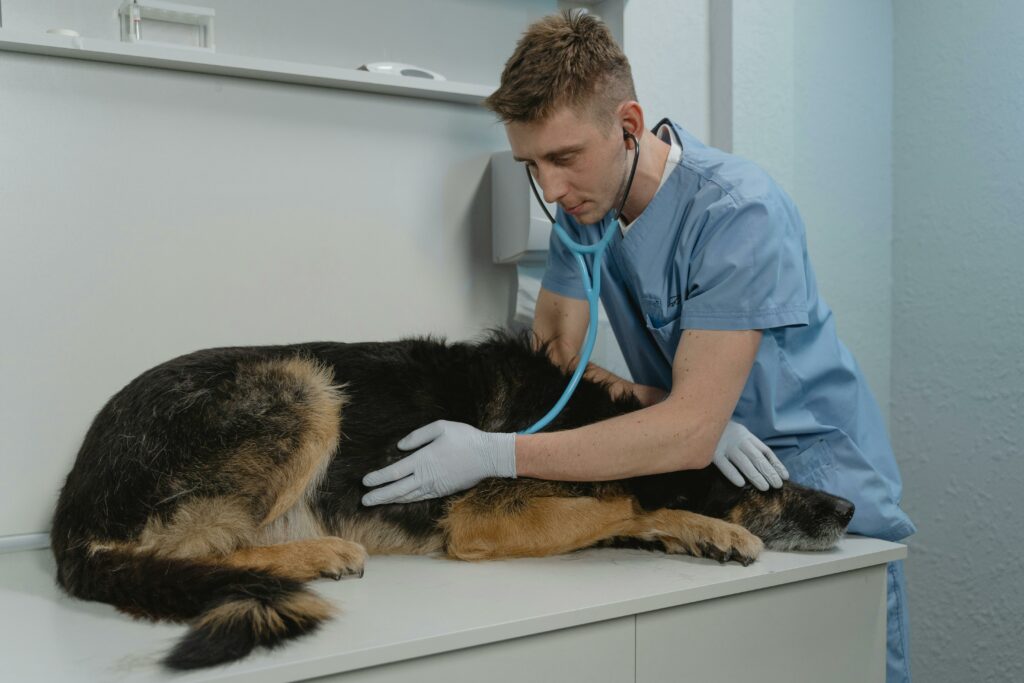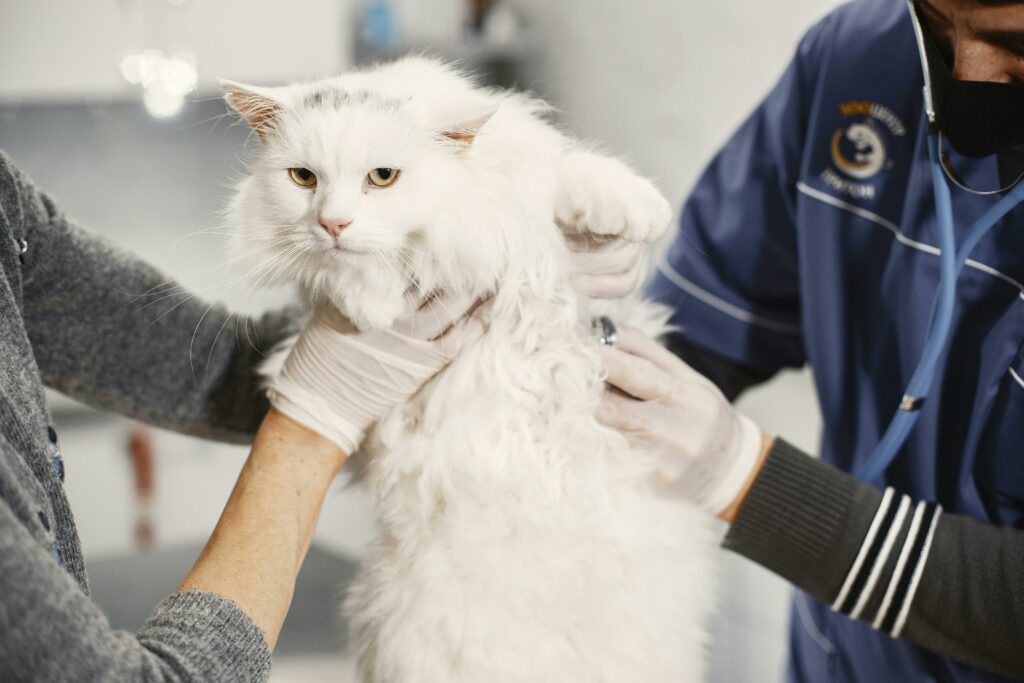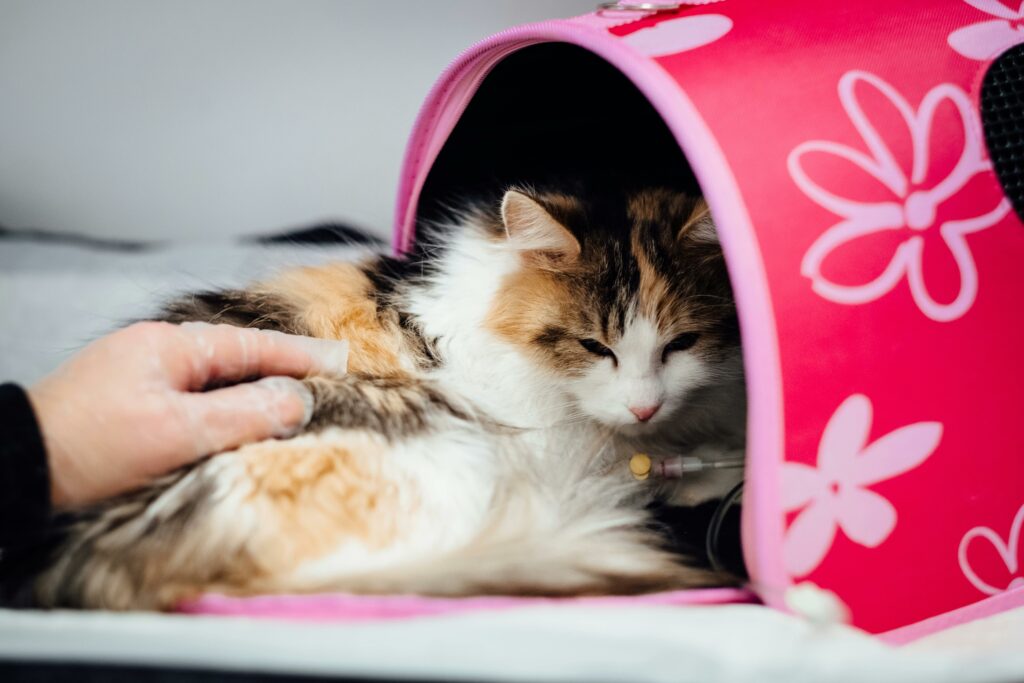
Ensuring the health and longevity of your beloved pet involves more than just providing food, shelter, and love. One of the most critical aspects of pet care is scheduling routine vet checkups. These regular visits to the veterinarian play a pivotal role in maintaining your pet’s overall well-being and catching potential health issues before they escalate.
Why Are Routine Vet Checkups Important?
Routine vet checkups serve as preventive care, allowing veterinarians to detect and address health concerns early on. Early detection often leads to more effective treatments and can prevent minor issues from developing into serious conditions. During these visits, vets assess your pet’s overall health, administer necessary vaccinations, and provide guidance on nutrition, behavior, and general care.
How Often Should Your Pet Visit the Vet?
The frequency of routine vet checkups varies based on your pet’s age, health status, and species. Here’s a general guideline:
Puppies and Kittens
Young pets require frequent visits to monitor their growth and administer vaccinations. Typically, they should see a veterinarian every 3 to 4 weeks, starting at 6 to 8 weeks old, until they reach 16 to 20 weeks of age.
Adult Dogs and Cats (1-7 Years)
For healthy adult pets, annual wellness exams are recommended. These yearly visits help ensure that any emerging health issues are identified and addressed promptly.
Senior Pets (7 Years and Older)
As pets age, they become more susceptible to various health conditions. It’s advisable for senior dogs and cats to have routine vet checkups every six months. This increased frequency aids in the early detection and management of age-related issues.

What to Expect During a Routine Vet Checkup
A standard routine vet checkup is comprehensive and includes several assessments:
Physical Examination: The vet will examine your pet from head to tail, checking the eyes, ears, mouth, skin, and coat for any abnormalities.
Vital Signs Assessment: Measuring weight, temperature, heart rate, and respiratory rate to ensure they are within normal ranges.
Vaccinations: Administering necessary vaccines to protect against common diseases.
Parasite Screening and Prevention: Testing for and preventing infestations of fleas, ticks, and intestinal parasites.
Diagnostic Tests: Conducting blood work, urinalysis, or other tests as needed, especially for senior pets, to detect underlying health issues.
Discussion and Guidance: Providing advice on diet, exercise, behavior, and addressing any concerns you may have about your pet’s health.
The Benefits of Regular Vet Visits
Engaging in routine vet checkups offers numerous advantages:
Early Disease Detection: Identifying health issues before they become severe can lead to more effective treatment and better outcomes.
Vaccination Updates: Keeping vaccinations current protects your pet from various contagious diseases.
Weight and Nutrition Monitoring: Regular assessments help maintain a healthy weight and provide dietary recommendations tailored to your pet’s needs.
Dental Health Maintenance: Dental checks prevent periodontal disease, which can affect overall health.
Behavioral Insights: Discussing any changes in behavior can uncover underlying health issues or training needs.

Tailoring Vet Visits to Individual Needs
While general guidelines are helpful, it’s essential to consider your pet’s unique circumstances:
Breed-Specific Concerns: Some breeds are predisposed to certain health conditions requiring more frequent monitoring.
Existing Health Conditions: Pets with chronic illnesses may need more regular visits to manage their conditions effectively.
Lifestyle Factors: Pets that travel, are highly active, or interact frequently with other animals might benefit from more frequent checkups to address specific risks.
Incorporating routine vet checkups into your pet’s care regimen is a fundamental aspect of responsible pet ownership. These regular visits not only ensure your pet’s current health but also pave the way for a longer, happier life. By adhering to recommended veterinary schedules and maintaining open communication with your veterinarian, you can provide the best possible care for your cherished companion.
References
How often should pets see the vet? – https://www.belmarinanimalhospital.com/site/blog/2022/05/12/how-often-pets-see-vet?
Pet Wellness Exams: How to Prepare – https://www.petmd.com/general-health/pet-wellness-exams-how-prepare
Share this:
- Click to share on WhatsApp (Opens in new window) WhatsApp
- Click to share on Facebook (Opens in new window) Facebook
- Click to share on LinkedIn (Opens in new window) LinkedIn
- Click to share on Pinterest (Opens in new window) Pinterest
- Click to share on Tumblr (Opens in new window) Tumblr
- Click to share on X (Opens in new window) X
- Click to share on Reddit (Opens in new window) Reddit
- Click to share on Telegram (Opens in new window) Telegram
- Click to email a link to a friend (Opens in new window) Email
- Click to print (Opens in new window) Print






























